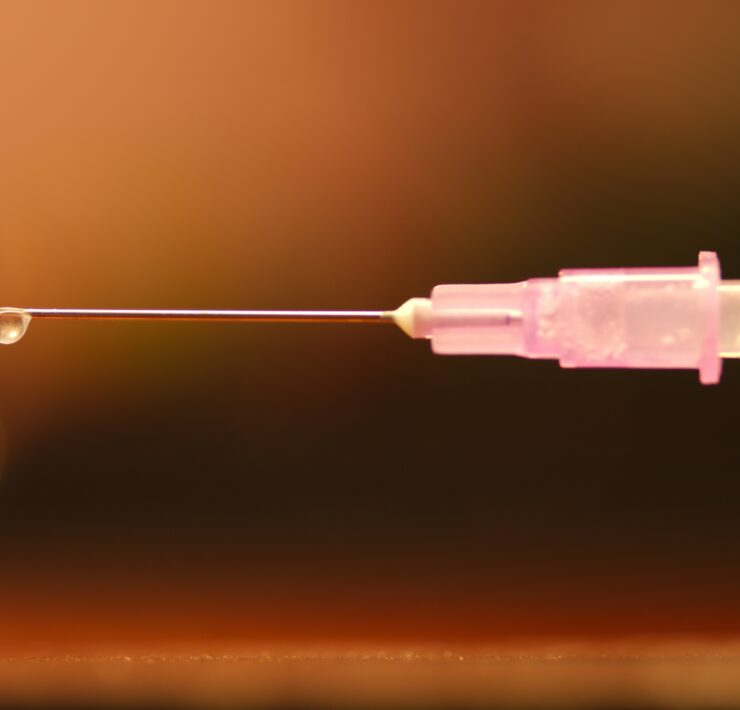The way we talk about HIV

Scott McGlothlen lives in Denver. He writes about his journey…
Michael had the most exciting friends in the world. They were attractive, witty and sassy in just the right ways. With all that he had been through, he considered himself lucky to belong to such an exclusive group of guys.
On an evening where they all decided that a boys-night-in would be better than a boys-night-out, the crew hung out at Michael’s home, drinking and laughing. Two friends began to wrestle in a tickle fight.
“Stop stop,” one conceded while giggling. “Stop or you will give me the hiv.”
Michael stopped dead in his tracks. He couldn’t put his finger on it, but somehow he knew this felt horribly offensive.
The other friend wasn’t HIV-positive. Michael could only assume this joke was made in a bad-taste effort to call his buddy a slut. Everyone else laughed hysterically. Michael’s stomach churned as he secretly harbored his own recent diagnosis. He hadn’t told anyone yet. And suddenly his friends didn’t seem so amazing after all.
Like gender or sexual orientation, HIV status has adopted its own offensive terminology that can be hurtful to hear. Phrases like “the hi-five” or “the hiv” (phonetic pronouncement of HIV) have made their way into our modern language. While these were probably conjured up as a way to make light-hearted remarks about a dark situation, rarely does anything feel light about them.
“The hiv” especially has started to gain footing amongst gay men as a way to make HIV a laughing matter. Ironically it is the more offensive of these new phraseologies. While meant as a joke, no HIV positive people are knuckle bumping each other saying “What up, my hiv?”
HIV carries a heavy amount of stigma as it is, even in the gay community. So smearing it as such can easily add insult to injury that has already been insulted. This doesn’t necessarily mean that no one can laugh about HIV ever. Shock comics like Daniel Tosh and Sarah Silverman often use the topic of AIDS in their routines. While some can still find these jokes pretty tasteless, others, such as myself, often laugh and get reminded that is indeed OK to laugh at some of life’s more tragic sides. So when is makeshift mockery a little too much for the topic?
Perhaps comedians make such remarks that laugh through to get a shock reaction. But we are not all comedians on stage in our daily lives. As non-entertainers, we laugh with others while at work, in a bar or at dinner with friends. Our peers may find us hilarious, but consistently using offensive terminology can begin to look like a personal value rather than a distasteful joke.
When it comes to HIV, bad phonetics and phraseologies become casually worked into our mentality. And “the hiv” is becoming a bit of an epidemic in itself – with more people saying it, such a common slur dehumanizes the seriousness of HIV.
While some may assume that joking like this now should be OK since treatment has improved so vastly, they might not consider the fact that the stigma of the disease can make it one of the most socially and emotionally taxing long-term diseases in our modern culture. Online sex ads alone jack up the unnecessary humiliation by with terms like “DDF” (drug and disease free) or “you must be clean.” Utilizing hurtful phonetics for our own raunchy humor only piles on the shame that an HIV positive person can feel.
People who use “the hiv” joke may not mean to hurt feelings, but it’s like making a rape joke in front of someone who had been raped. It doesn’t just hurt a person secretly coping with HIV, but also furthers the social stigma of this disease.
Unfortunately with younger generations’ unawareness about HIV, things like this happen all too often. And a simple phonetic pronunciation can make people like Michael feel quietly obliterated in the moments they do.
What's Your Reaction?
Scott McGlothlen lives in Denver. He writes about his journey as an HIV-positive man.










